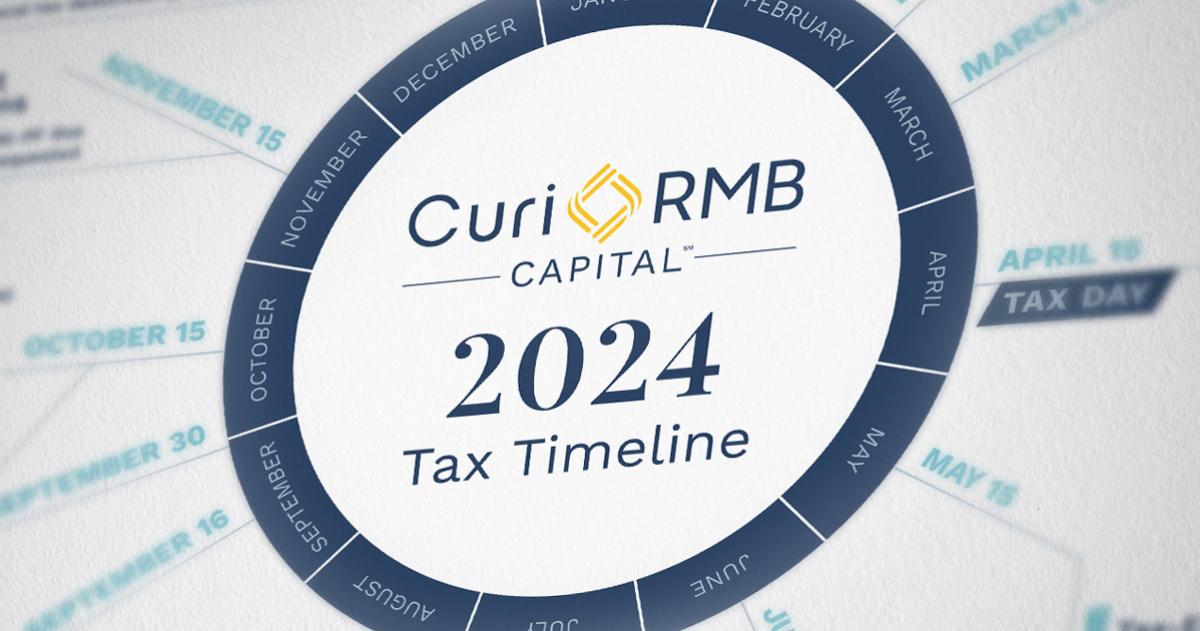Since Democrats recently won both Georgia Senate run-off elections, Democrats and Republicans each control 50 Senate seats. As the new Congress returns to session, Democrats will narrowly control the Senate. Vice President-elect Kamala Harris will serve as the tie-breaking vote once sworn into office.
As Democrats attain control of the House, Senate, and Presidency, Congress will have an opportunity to shape new tax policy. For this purpose, Congress may begin new tax policy conversations based on President-elect Joe Biden’s campaign proposals last fall, which are summarized here.
Biden Tax Proposals
President-elect Biden, during his campaign, highlighted the shortfalls of the Trump administration and the need for change that includes robust tax reform. His tax policy is designed to cure what he deems as inequities under current tax law that provide the greatest benefits to the wealthiest individuals and corporations. His ideas include:
- Returning the top tax rate back to 39.6% from 37%;
- Phasing out the 20% qualified business income deduction;
- Lowering the estate tax exemption from $11.7 million to around $5 million and eliminating the cost basis step-up at death; and
- Increasing the corporate tax rate from 21% to 28% with a minimum rate of 15%.
He will seek to create additional tax on the wealthiest Americans through a number of new initiatives that would shift more tax to those with high levels of income. These include:
- Taxing all capital gains at less preferential ordinary income rates for millionaires;
- Limiting the value of itemized deductions to 28%;
- Preventing taxpayers with income over $400,000 from using real estate losses to offset other income;
- Limiting the value of retirement plan contributions to a fixed percentage in the form of a credit instead of offsetting income being taxed at higher rates;
- Applying the 6.2% social security tax for employees and employers on wages over $400,000, creating a “donut hole” effect;
- Creating a financial transactions tax; and
- Eliminating the deferment of tax on like-kind exchanges of real estate.
Biden also has his own ideas for lower- and middle-class tax relief. He wants to allow workers over age 65 to claim the earned income tax credit, increase the amount of eligible child and dependent care expenses, create a tax break for first-time home buyers and renters, eliminate tax on the forgiveness of student loan debt, and introduce a credit for taxpayers who provide long-term care assistance to elderly and disabled relatives.
Whether our three past years of tax policy will be reversed will depend not only on recent election results but also on the ability of Democrats to shape new policy with only a slight Senate majority. To avoid a filibuster, Senate rules require 60 votes supporting new legislation. This will require compromise. Democrats will also need to prioritize competing legislative objectives generally when advancing tax conversations along with others.
Your RMB advisor and team remain poised to help you navigate these important concerns as they evolve.
The opinions and analyses expressed in this newsletter are based on RMB Capital Management, LLC's ("RMB Capital") research and professional experience, and are expressed as of the date of our mailing of this commentary. Certain information expressed represents an assessment at a specific point in time and is not intended to be a forecast or guarantee of future performance, nor is it intended to speak to any future time periods. RMB Capital makes no warranty or representation, express or implied, nor does RMB Capital accept any liability, with respect to the information and data set forth herein, and RMB Capital specifically disclaims any duty to update any of the information and data contained in this newsletter. The information and data in this commentary does not constitute legal, tax, accounting, investment, or other professional advice. This information is confidential and may not be reproduced or redistributed to any other party without the permission of RMB Capital.






